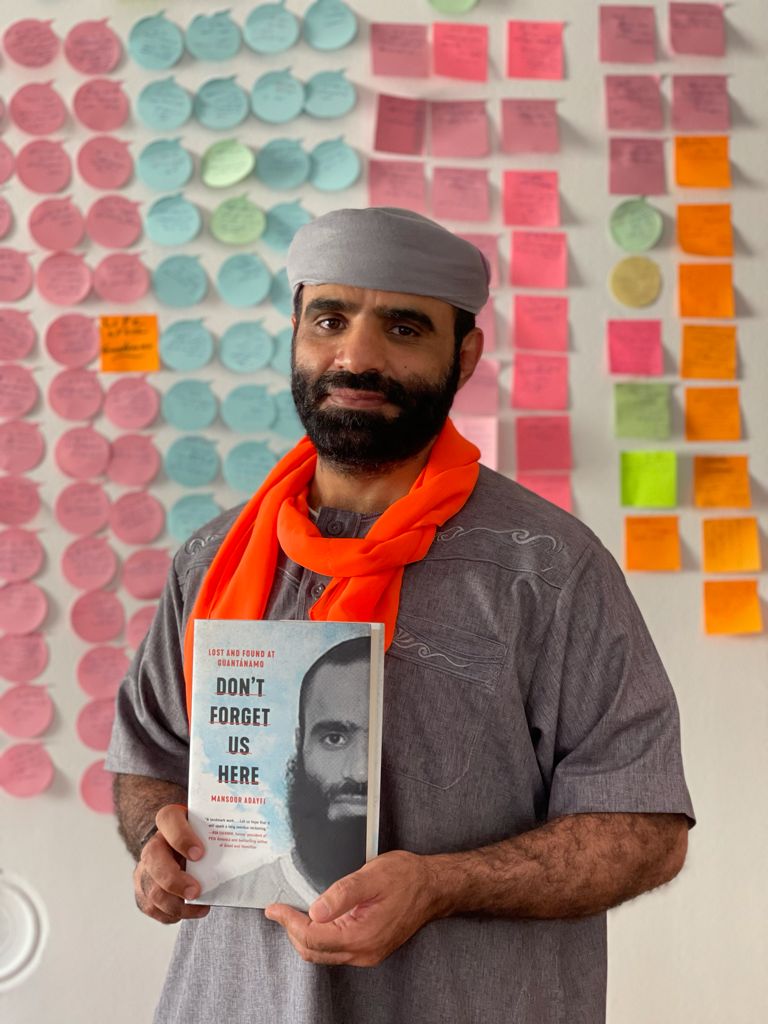
By Anne-Marie Slaughter and Alberto Rodríguez Alvarez
Canada, Mexico, and the United States have a chance to forge a regional agenda to position North America as a global leader in digital government services. Having already established a solid foundation for cooperation, they must now build on it.
In Ukraine today and in many other conflicts around the world, the digital domain has become a battleground for cyberattacks and information warfare. Even in normal daily life, digital platforms can endanger citizens and democracies by encroaching on individual privacy, manipulating consumer attention, fostering social isolation, and nurturing extremism. But, while not downplaying these harms, we should also remind ourselves of the many good things that today’s new technologies offer.





